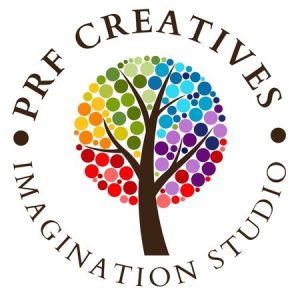The Psychology of Happiness Part 5: Being Grateful
In his book “Thanks,” psychologists Robert Emmons argued that by practising gratitude, you can increase your happiness, your satisfaction with life and your health. Based on research that he did in 2003 with Michael McCullough, he offers evidence that by being actively grateful for the positive things in our life can increase happiness by 25%.
It’s like the old saying goes, you get what you give. Your unconscious mind is very literal. It cannot discern between humour and criticism[1]. Also, being a very active worker, when you believe something, your unconscious mind searches out evidence to prove your belief. It blocks out anything that doesn’t support that belief. For example, you carefully chose the name of your child only to discover that there’s dozens of children with the same name. You buy a white Corsa and suddenly everywhere you drive everyone seems to be in the same car. These names/cars were still there, but you didn’t notice. Previously you had no reason to, so your mind blocked them out.
So, in terms of gratitude, if you feel you are no good at something, your unconscious mind will seek evidence to prove you are right. If you believe that your boss is out to get you and that your colleagues are lazy your mind will find evidence to support that believe. When your boss puts you forward for promotion or a colleague offers to help you with some work, you put these down as flukes – exceptions to the rule.
The easiest way to train your mind to seek the positive is to create a gratitude journal:
- Each night before you go to sleep write down five things that made or make you happy. These are things that you are grateful for.
- It is important to do this mindfully. Recall what it is and how it makes you happy. When you are doing this you are putting the information through your visual cortex. This is the part of your brain that responds to sensory input (visual, sound, smell, touch, taste). This strengthens your attachment to the thing that makes you happy
- When you do this regularly, you will begin to repeat yourself. This is fine. The key is to keep the emotions fresh.
- Doing this regularly helps you to appreciate how much good is in your life rather than taking things for granted – and increase your happiness by 25% without doing anything except noticing what’s already there.
And the equation for happiness?
P + M = H
Purpose meaning happiness
We can do something with purpose (there is a purpose to shopping).
We can do something with meaning (giving a donation to charity has meaning).
When what we do has both purpose and meaning we create happiness (buying a meal at a takeaway and giving it to the homeless person on the street).
So, if you can choose it, be happy.
[1] If someone jokes to you that you’re fat, your unconscious mind says you are fat. If you decide you want to stop smoking, again it will interpret the “stop” as loss and start to protect you from the grief than not smoking will bring. If you say you want to become a non-smoker, it will translate this as gaining something. Your chances of success have increased.
And the image with this – my gratitude for a lifetime friendship that took me to the colours of Carnival!



